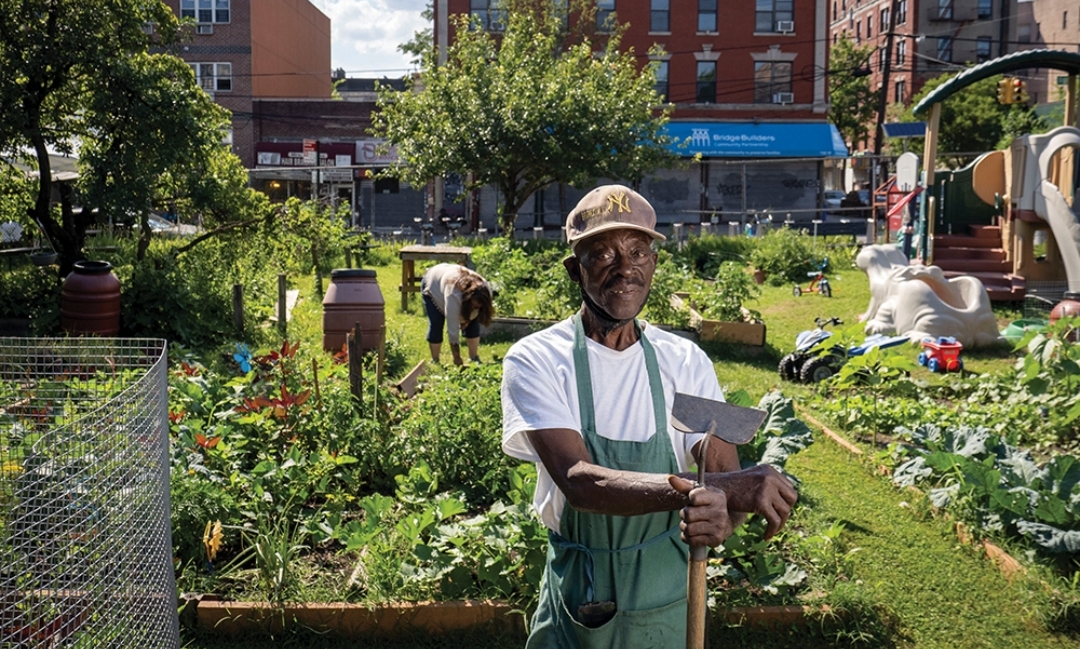As the world grapples with the challenges of climate change, food security, and environmental degradation, urban farming has emerged as a vital solution. Urban farms not only provide fresh produce to local communities but also offer opportunities for sustainable living, community engagement, and environmental stewardship. However, urban farming requires careful planning, efficient use of resources, and a commitment to sustainability. In this article, we will explore the principles and practices of sustainable agriculture in urban farming, highlighting the benefits, challenges, and strategies for success.
Principles of Sustainable Agriculture
Sustainable agriculture is an approach to farming that prioritizes environmental stewardship, social responsibility, and economic viability. The core principles of sustainable agriculture include:
- Environmental Conservation: Protecting and preserving natural resources, such as soil, water, and biodiversity.
- Soil Health: Maintaining soil fertility, structure, and overall health through sustainable practices.
- Efficient Water Use: Minimizing water waste and optimizing water usage through efficient irrigation systems.
- Integrated Pest Management: Using a holistic approach to manage pests and diseases, minimizing the use of chemical pesticides and fertilizers.
- Biodiversity: Promoting ecological balance by growing a diverse range of crops and maintaining ecosystem services.
Sustainable Practices for Urban Farms
Urban farms can adopt various sustainable practices to minimize their environmental impact, improve crop yields, and promote ecosystem services. Some of these practices include:
- Rainwater Harvesting: Collecting and storing rainwater for irrigation, reducing the demand on municipal water supplies.
- Composting: Converting organic waste into nutrient-rich compost, reducing waste disposal and creating a natural fertilizer.
- Crop Rotation: Rotating crops to maintain soil fertility, reduce pests and diseases, and promote ecological balance.
- Polyculture: Growing multiple crops together, promoting biodiversity, and reducing the need for external inputs.
- Organic Amendments: Using natural amendments, such as compost tea, worm casting, or fish bone meal, to promote soil health and fertility.
- Efficient Irrigation Systems: Implementing drip irrigation, mulching, or other water-saving technologies to minimize water waste.
- Integrated Pest Management: Using a combination of techniques, such as crop rotation, biological control, and physical barriers, to manage pests and diseases.
Benefits of Sustainable Urban Farming
Sustainable urban farming offers numerous benefits, including:
- Increased Food Security: Providing fresh, locally grown produce to urban communities, improving access to healthy food.
- Environmental Stewardship: Reducing the environmental impact of urban farming, promoting ecosystem services, and protecting natural resources.
- Community Engagement: Fostering community involvement, education, and outreach, promoting social cohesion and urban renewal.
- Economic Benefits: Generating income for urban farmers, creating jobs, and stimulating local economies.
- Improved Public Health: Providing access to fresh, nutritious produce, promoting public health and well-being.
Challenges and Strategies for Success
Urban farming faces unique challenges, including limited space, high costs, and complex regulatory frameworks. To overcome these challenges, urban farmers can:
- Conduct Thorough Research: Understanding local regulations, climate, and market demand to inform urban farming decisions.
- Develop a Business Plan: Creating a comprehensive business plan, outlining financial projections, marketing strategies, and operational logistics.
- Build Community Partnerships: Collaborating with local organizations, businesses, and residents to build support, resources, and networks.
- Invest in Education and Training: Acquiring knowledge and skills in sustainable agriculture practices, business management, and community engagement.
- Monitor and Evaluate Progress: Tracking progress, identifying challenges, and adapting strategies to ensure long-term sustainability.
Conclusion
Sustainable urban farming offers a promising solution to the challenges of food security, environmental degradation, and community development. By adopting sustainable agriculture practices, urban farmers can promote environmental stewardship, social responsibility, and economic viability. As urban farming continues to grow and evolve, it is essential to prioritize sustainability, innovation, and community engagement. By working together, we can create thriving urban food systems that benefit both people and the planet.

